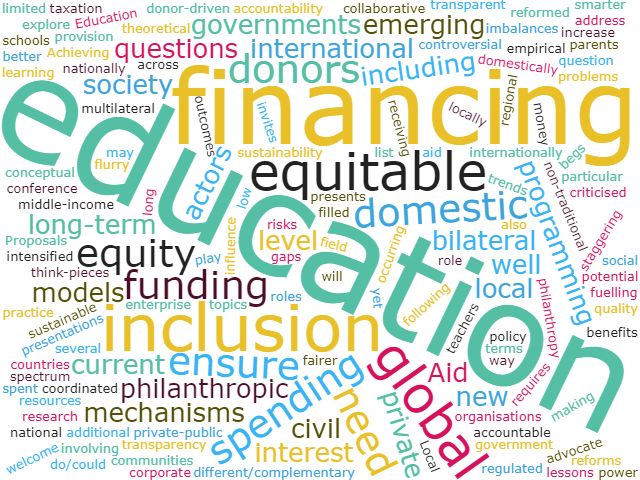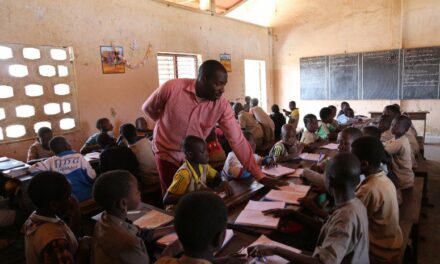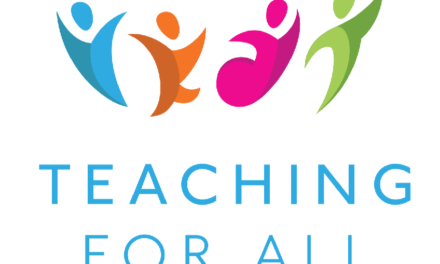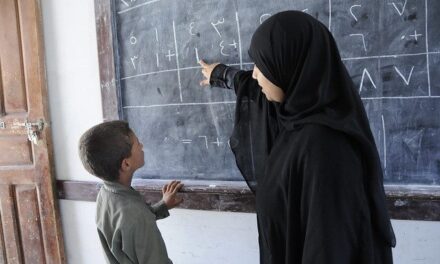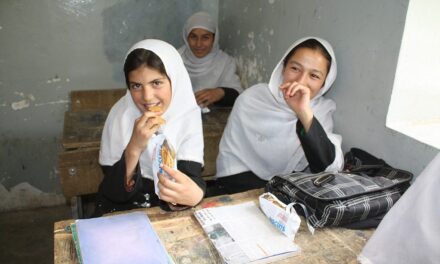Interview with theme convenors of one of six 2019 UKFIET conference themes, ‘Education financing for global equity and inclusion’: Bronwen Magrath, Research Fellow at the University of Oxford’s Centre for Comparative and International Education and Programme Officer for the International Education Funders Group, and Moses Oketch, Professor of International Education Policy and Development at the University College London (UCL) Institute of Education.
 What excites you about the theme of ‘education financing for global equity and inclusion’?
What excites you about the theme of ‘education financing for global equity and inclusion’?
There are some good ‘gritty’ questions that underline this theme: whose responsibility is it to pay for education? What role do we imagine for households, for local governments, for non-state actors, for international aid and philanthropy? We do not want this to become a stale debate on private versus public provision; rather we want to think about current trends in education financing and the role of different actors in supporting equitable quality learning.
How does your theme link to the overall 2019 conference theme of inclusive education systems?
The way we fund education systems is absolutely central to inclusivity and equity. In theory, we are all now working towards the goal of equitable, quality learning outcomes – but are our ways of funding education still stuck on universal access? And with funding comes calls for impact evaluation. Can a focus on impact and results provide a negative incentive for equity and inclusivity? And what role for governments – at national and local levels? How can the international community work in partnership with domestic governments to advocate, not just an increase in budgetary allocation to education, but in financing that is fair and inclusive across the system?
What kind of papers would you like to see submitted under your theme?
We would love to see papers that present us with new ways to think about the challenge of funding equitable learning, and that highlight how different sorts of funders can work in complementary ways towards this shared goal. This could be analyses of specific programmes or new funding mechanisms; or examples of collaborative funding in a particular issue-area such as education and migration, or teachers’ professional development.
This theme provides a great opportunity for us to think about funding beyond provision and programming. What can we learn from civil society organisations who advocate for more equitable and transparent financing and taxation? And how about the wider conference theme of ‘systems’ – what funding re-think may be needed if our goal is broader sector- and systems-strengthening?

